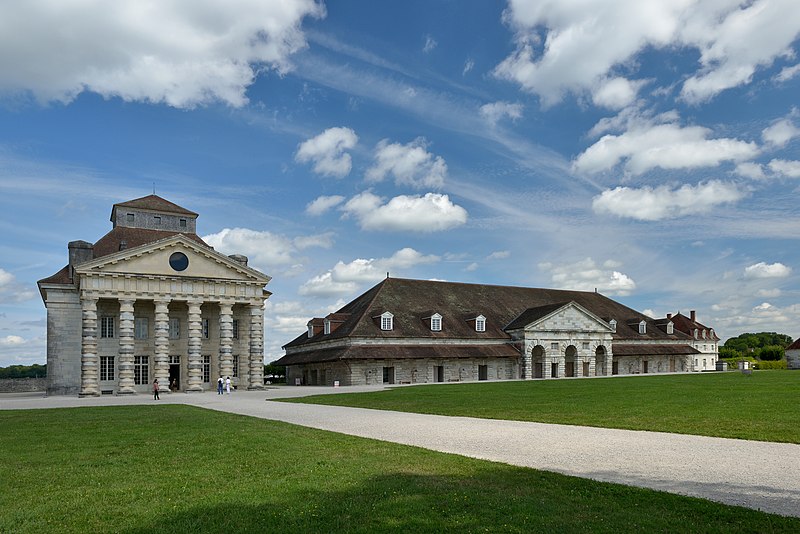Every year, French privacy researchers gather around June to present their last results at APVP (Atelier sur la Protection de la Vie Privée). It is a scientifically rich event with contributions from various areas, including machine learning, network security, and web browsing.
First and foremost, I want to thank Jean-François Couchot. Everything was well organized, from the talks to the “extra-academic” activities.
The venue
The intent of APVP is to be organized everywhere in different places in France. However, there is a condition: it must be in the middle of nowhere. This year, the organization committee chose Arc-et-Senans, specifically the “Saline Royale” (a historical building). It is a gorgeous place where we can sleep, work and eat. The rooms are super comfortable, the building has multiple beautiful gardens, and the food is great. We had fantastic weather, so we could walk around the gardens to relax and enjoy the starry sky during the night. And the cherry on the cake: the venue is next to the train station! I cannot wait to return to the Saline Royale for another scientific event.
The community
Since none of my PhD advisors are French, it was the occasion to create some links with the French-speaking community. We were about 30 attendees, which was the perfect size from my point of view. I do not know whether this could lead to collaboration, but I believe having structured privacy communities is crucial. Hence, this event is great for maintaining such a structure.
I particularly appreciated the presence of researchers from French agencies. It is nice to see that our work can influence public policies.
The talks
Contrary to the ESSA workshop I attended the week before, I cannot draw a general conclusion from the talks. Indeed, the goal was to gather several privacy-related communities, so the research directions were very diverse. Still, I enjoyed discovering new topics. I particularly remember the talks about web browsing, probably because anyone in the room is concerned by the results.
My talk
Finally, I should say a few words about my presentation. I presented an ongoing work about sparse matrix multiplication. With my PhD advisors, we conceived and implemented secure algorithms for sparse matrix multiplications. We started with naive algorithms, and they already provide significant runtime reduction. They also enable some real-world applications not supported by state-of-the-art methods.
The paper should be submitted within a few months, and a preprint will come soon.
What’s next?
Unfortunately, the talks would not help me to conjecture the future of privacy research. I feel like the community is still overwhelmed by GDPR and its consequences. The community (including my work) is providing solutions to comply with GDPR, but there is no vision of the next step after GDPR. I would be interested in some debates about mass surveillance or surveillance capitalism… it would be for another time!
